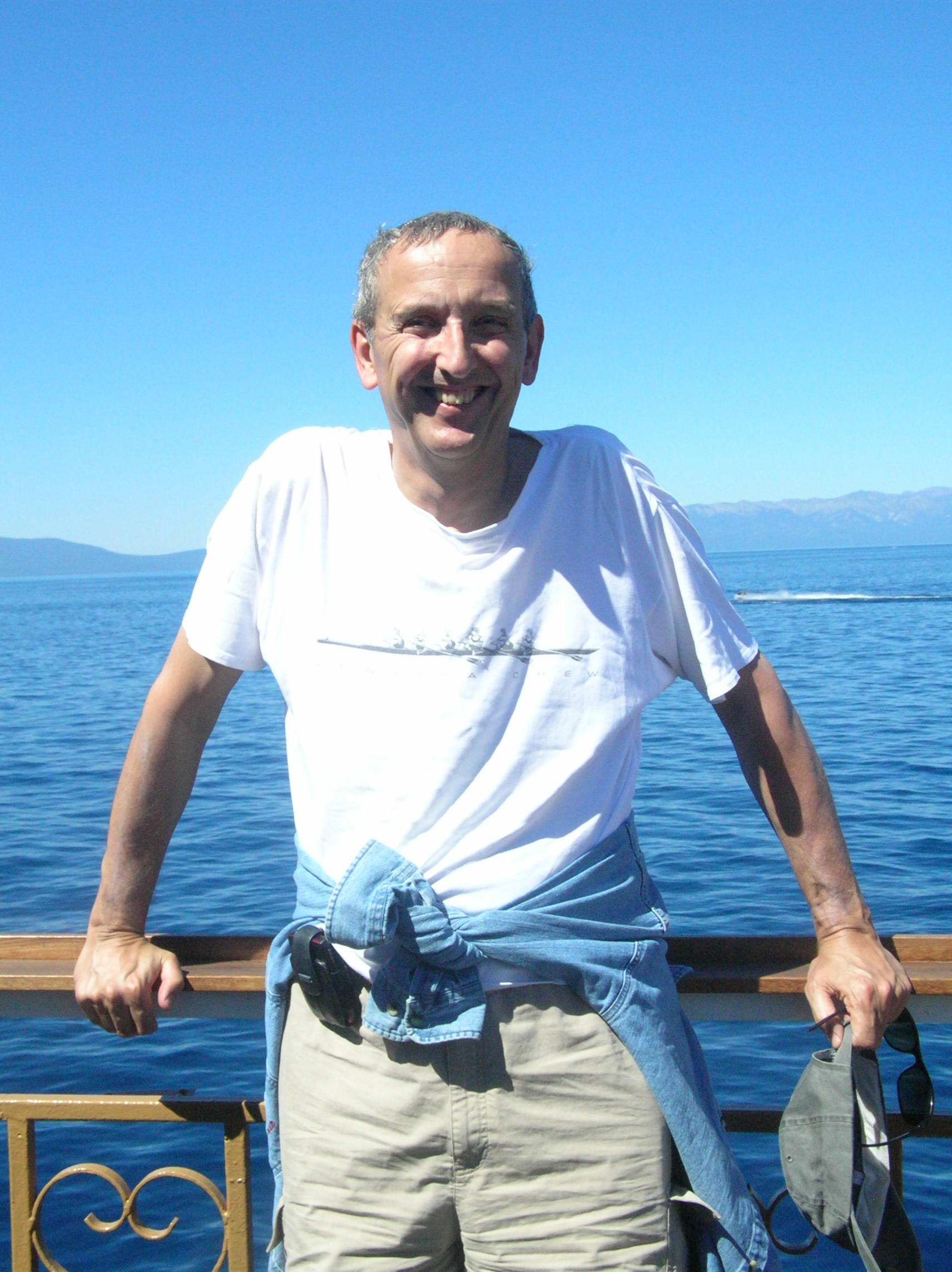Peter gets rebuked, again. Peter is the bold one. He is the one who steps forward and says what he (and the others?) are thinking. Or are they? Mark never says what the other disciples are thinking. Peter often acts as the voice for the others. Perhaps this is why he is recognized as the “lead” disciple as the followers of Jesus become the Jesus movement become the house churches become the Church that recognizes Peter’s primacy. Perhaps he represents “the Church” here. This is not a new insight but a significant one.
“You are setting your mind not on divine things but on human things.” It is so easy to do. Church history relates themany times that we followers of Jesus move from setting our mind on human things rather than on divine things. And what does that even mean? It certainly means that we strive after power and wealth more than after vulnerability and poverty. Not that the former are “bad” and the latter are “good.”
In reading some of Thomas Merton’s reflections and the insights of Jim Finley and Richard Rohr, I am realizing that power and vulnerability, wealth and poverty and the other contrasts that are set forth in the Gospels are not dualistic (either/or) or black and white but the both-and, the paradoxical, the combined. The latter is in the uncomfortable realm of the grey. David Tracy points this out in his distinction of the catholic both-and perspective and the protestant mind-set, the realm of dualistic thinking. I don’t think he is talking about the historical divisions established in the Reformation and Counter Reformation. Those are historical embodiments of two different mindsets that each of us wrestle with all of the time.
It is easier to live in either/or, the “clarity” of that which is defined. But our understanding of the Divine is, by the very nature of the Holy, not so clear. When we know, or even think we know, who God is and we grab onto that “certainty,” we find ourselves idolizing our perception. God is Mystery that we, in our limitations, cannot wholly perceive. This paradox that Kierkegaard and the mystics recognize is the same as that which is hinted at in so much of the Scriptures. The golden calf is not the Holy. The Bible, the physical book, is not the Holy. There is no “this” when the deacon holds up the Book of the Gospels and proclaims “The Gospel of the Lord!” The bread and wine are not Christ. Professing that they are is where our catholic side moves from greyness to the seductive black-and-white. But it takes a great effort throughout our lives to try to live in ambiguity. It isn’t comfortable. It’s scary. It is where the catholic mindset would have us live.
Ironically that is where Peter, the head of “the church,” does not want to be. He rebukes Jesus for his teachings because they flip our comfortable world of certainty on its head and leave us floundering. Jesus explicit teachings, as well as those paradoxical ones that are in the second half of this Sunday’s pericope and in the parables, point us to the vulnerable place where we live only in the faith that all is good and all will be good.
“Get behind me, Satan!” You are setting your mind not on the Divine that is always ambiguous in its Mystery but on the human and finite that is always more definite. Paradoxically, when we realize the limitations of the definite, we are lead to a sense of the Mystery that is beyond it.

